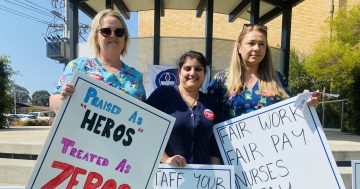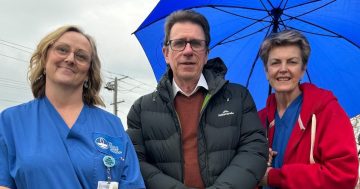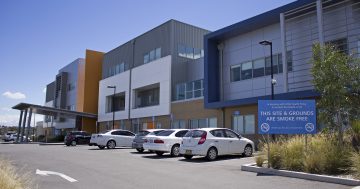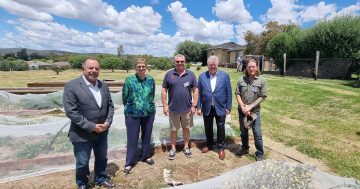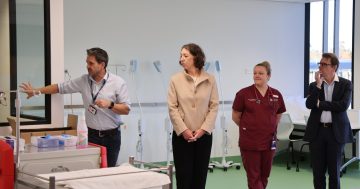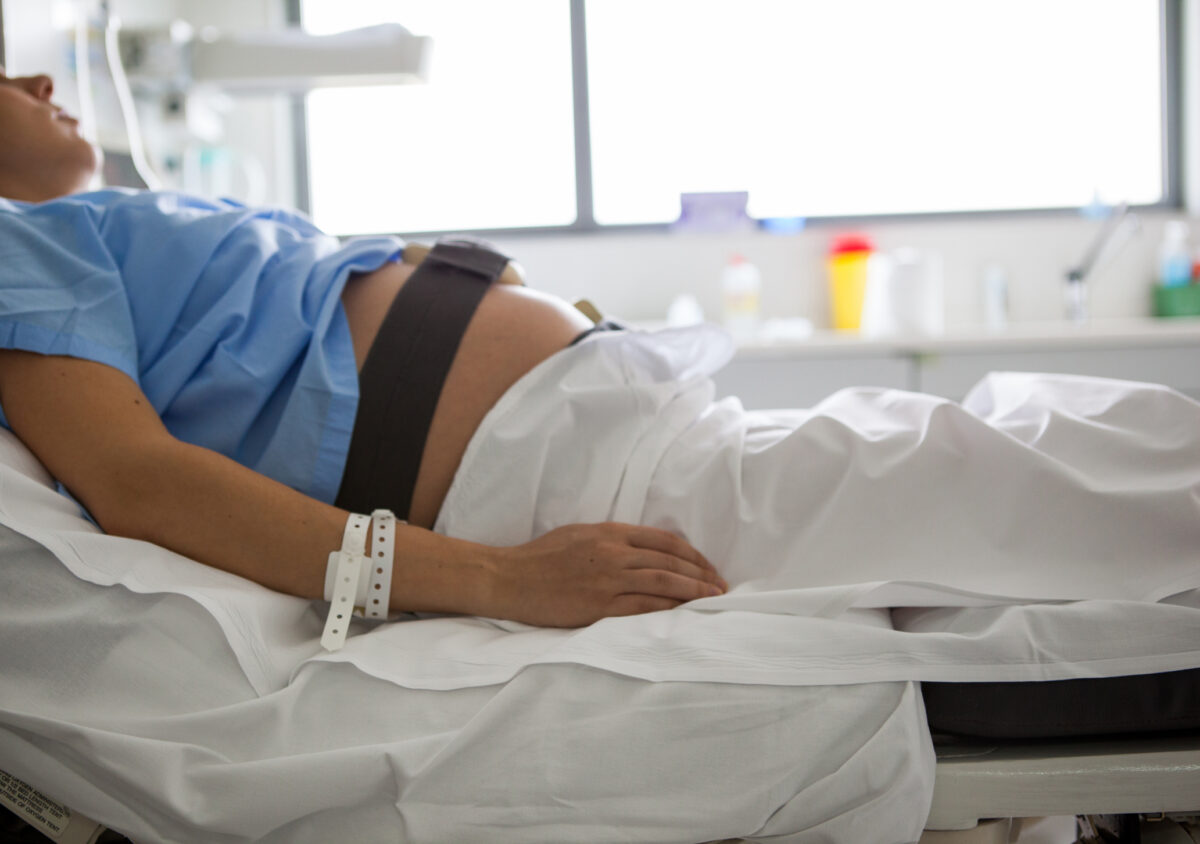
The NSW Government has supported 42 of 43 recommendations from the Birth Trauma Inquiry. Photo: Orbon Alija.
The NSW Government has responded to the inquiry into birth trauma in NSW and accepted all but one of its 43 recommendations.
The landmark parliamentary Birth Trauma Inquiry heard harrowing tales from women across the state and called for sweeping reforms to better protect women giving birth.
Minister for Health Ryan Park began his response by addressing the women who gave evidence.
“We apologise to women who have not received the high standard of maternity care they should have,” he said.
“We also recognise and are grateful for the courage of the thousands of women who shared their deeply personal and difficult experiences with the Select Committee on Birth Trauma.”
Mr Park confirmed the decision to support 42 of its 43 recommendations, explaining that the final recommendation is intended for the chair to action.
“We have heard what matters most to women, and their families, to meet their diverse needs,” he said.
“The government response outlines our ongoing commitment and the actions underway to improve their experiences and health and wellbeing outcomes.”
The inquiry followed the release of the Western Sydney University’s Australian Birth Experience Study in 2022 which estimated that a third of women in Australia experience a traumatic birthing event.
In the same year, 30 women from the Riverina filed a collective complaint with the Health Care Complaints Commission (HCCC) citing traumatic birthing experiences at Wagga Wagga Base Hospital.
Member for Wagga Wagga Dr Joe McGirr said the minister’s apology was a good start but felt that there was an underlying problem with recruitment and retention in remote and regional areas.
“It’s been important to hear from women and to understand that they need to be at the centre of care, and they probably haven’t been and I think the minister’s reaffirmed that,” he said.
“A lot of emphasis in the Birth Trauma Inquiry is on the importance of continuity of care and there’s a number of recommendations about GP obstetrics as well as midwifery care.
“But in rural and regional NSW at the moment, we have a real problem with sustaining our maternity services and we’ve got regional centres that are getting by on locums.
“So it’s one thing to support the recommendations of the trauma inquiry, but frankly, if we don’t tackle this issue of maternity service provision in rural and regional Australia, you’ll have [women] travelling and you won’t have continuity of care.”
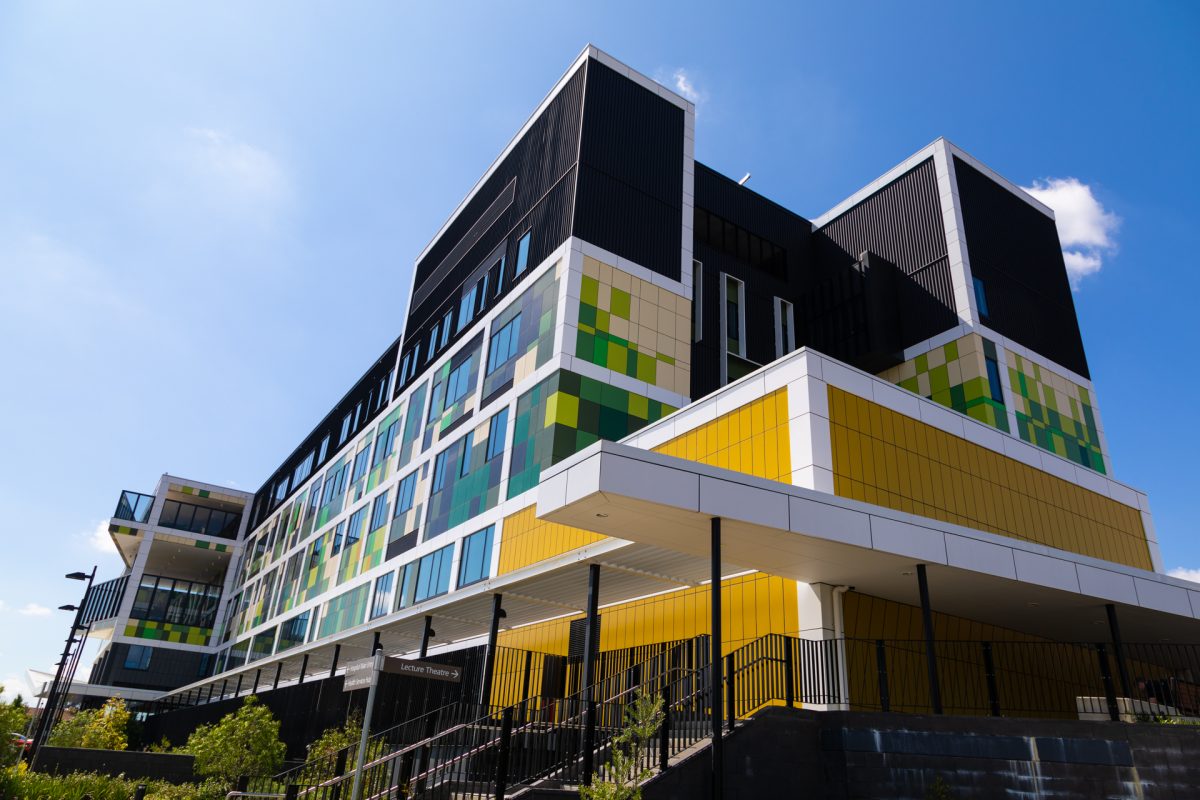
Complaints from 30 women who gave birth at Wagga Wagga Base Hospital triggered the Birth Trauma Inquiry. Photo: Michelle Kroll.
In total the committee received over 4000 submissions and held six public hearings in Sydney, Wollongong and Wagga Wagga to hear directly from healthcare stakeholders and individuals impacted by birth trauma.
The inquiry’s report was released in May this year (2024) and identified a lack of continuity of care, lack of trauma-informed practices, inadequate antenatal education, inadequate informed consent practices, a lack of respect for women’s birthing choices and experiences, and a lack of inclusivity and culturally appropriate services within maternity care.
The 43 recommendations included calls for all women to have access to continuity of care models with a known provider and identified midwifery continuity of care as the ‘gold standard’.
Inquiry chair Emma Hurst said they took “pride in the significance of this world-first inquiry” that she hoped would “prompt action across Australia and the world with the hope that every birth is met with dignity, respect and compassion”.
In its response the NSW Government said it would accelerate five initiatives over the next 12 months including increasing access to maternity continuity of care models, embedding trauma-informed maternity care, improving the way information is provided to women, improving consent processes in maternity care and supporting women who experience pregnancy complications.
NSW Health Deputy Secretary Deb Willcox said they were committed to listening to feedback and implementing change.
“We recognise pregnancy, birth and the transition to parenthood are profound life events,” she said.
“NSW Health is committed to strengthening and improving maternity care for women and their families.
“We will continue to listen to and learn from women about their birth experiences in order to deliver the best possible maternity care that improves experiences and health and wellbeing outcomes for women, babies and families in NSW.”
Dr McGirr said the initiatives were welcome but could prove difficult to deliver.
“It’s about choice and models of care, and the way maternity services are at the moment in regional and rural NSW are going, I have real concerns that they’ll be able to deliver on that without focusing on the recruitment and retention and, frankly, the reinstatement and support of maternity services in both the smaller centres and in our regional centres,” he said.
Original Article published by Chris Roe on Region Riverina.







